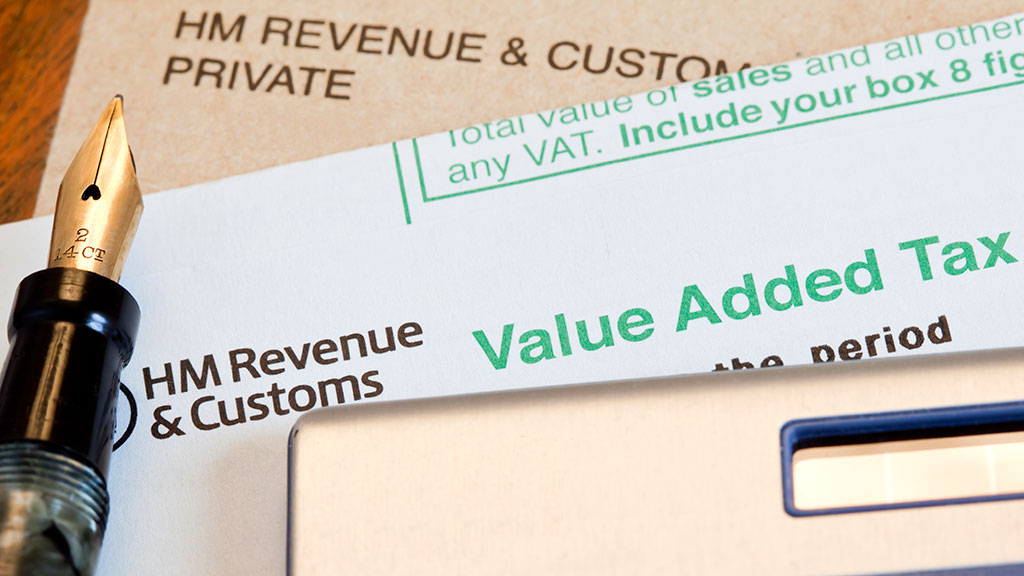Is your business paying enough VAT?
Any business with annual sales of more than £85,000 must be registered for VAT.


Get the latest financial news, insights and expert analysis from our award-winning MoneyWeek team, to help you understand what really matters when it comes to your finances.
You are now subscribed
Your newsletter sign-up was successful
Want to add more newsletters?

Twice daily
MoneyWeek
Get the latest financial news, insights and expert analysis from our award-winning MoneyWeek team, to help you understand what really matters when it comes to your finances.

Four times a week
Look After My Bills
Sign up to our free money-saving newsletter, filled with the latest news and expert advice to help you find the best tips and deals for managing your bills. Start saving today!
If you’re not on top of your value-added tax (VAT) accounting, you should make it a new year’s resolution to do better – and do so quickly. HM Revenue & Customs is cracking down on small businesses that don’t get it right.
Any business with annual sales of more than £85,000 must be registered for VAT, charging its customers the tax and passing the proceeds on to HMRC.
But data from the tax-investigation firm PFP suggests small businesses had to find an extra £1.7bn last year following HMRC’s investigations into the amount of VAT they paid in the 2017-2018 financial year.
MoneyWeek
Subscribe to MoneyWeek today and get your first six magazine issues absolutely FREE

Sign up to Money Morning
Don't miss the latest investment and personal finances news, market analysis, plus money-saving tips with our free twice-daily newsletter
Don't miss the latest investment and personal finances news, market analysis, plus money-saving tips with our free twice-daily newsletter
The tax authority has pledged to continue with its more aggressive stance towards VAT collection. Various estimates have suggested that the VAT gap – the difference between what businesses should be paying and what is actually being collected – has risen to a record high.
That has prompted HMRC to appoint specialist teams to look at industries associated with poor VAT management. These include trades where customers typically pay in cash, such as fast-food outlets.
Online retailers, including small businesses selling on marketplaces such as Amazon and eBay, are also a target. In practice, however, any business could come under scrutiny from HMRC, so make sure you’re paying the right amount.
Get the latest financial news, insights and expert analysis from our award-winning MoneyWeek team, to help you understand what really matters when it comes to your finances.

David Prosser is a regular MoneyWeek columnist, writing on small business and entrepreneurship, as well as pensions and other forms of tax-efficient savings and investments. David has been a financial journalist for almost 30 years, specialising initially in personal finance, and then in broader business coverage. He has worked for national newspaper groups including The Financial Times, The Guardian and Observer, Express Newspapers and, most recently, The Independent, where he served for more than three years as business editor.
-
 How a ‘great view’ from your home can boost its value by 35%
How a ‘great view’ from your home can boost its value by 35%A house that comes with a picturesque backdrop could add tens of thousands of pounds to its asking price – but how does each region compare?
-
 What is a care fees annuity and how much does it cost?
What is a care fees annuity and how much does it cost?How we will be cared for in our later years – and how much we are willing to pay for it – are conversations best had as early as possible. One option to cover the cost is a care fees annuity. We look at the pros and cons.